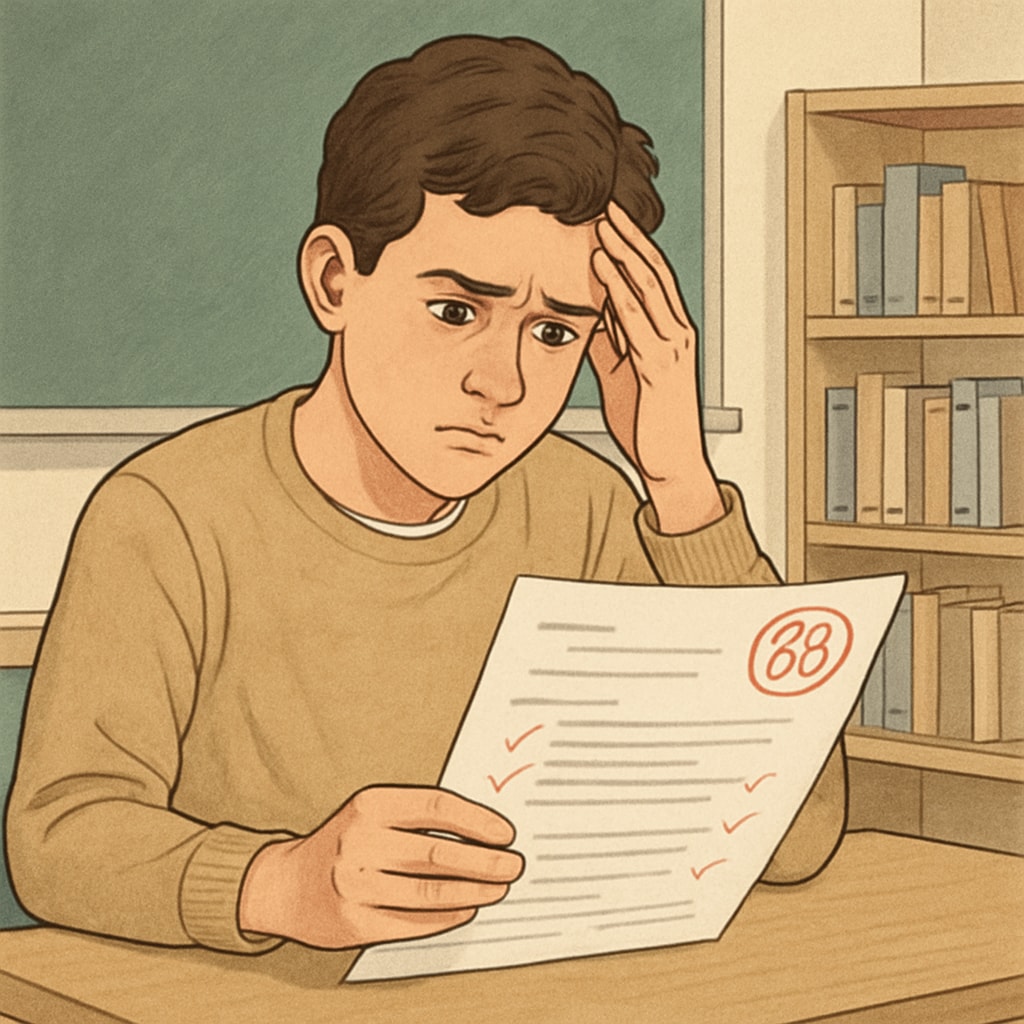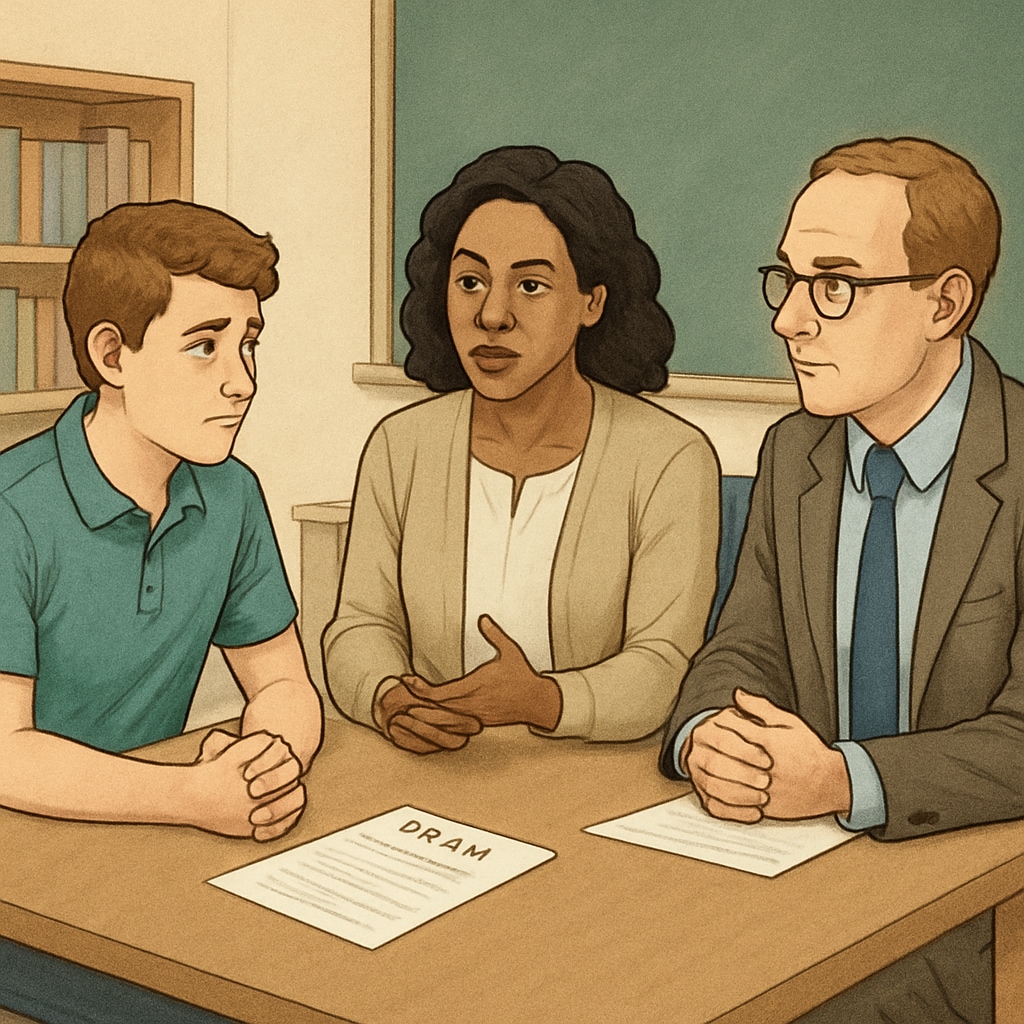When students encounter unfair teaching evaluations, the consequences can be both personal and academic. From errors in exam scoring to misjudgments in coursework performance, these instances of “unfair teaching evaluations” often leave students feeling disempowered within the K12 education system. A glaring example of this issue can be found in an AP Physics class, where a student’s exam was incorrectly graded, and despite clear evidence of the error, the appeals process led to dead ends. This case underscores the urgent need for a more transparent and accessible system that allows students to challenge mistakes without fear of retaliation or bureaucracy.
The Root Cause of Unfair Evaluations
Unfair teaching evaluations often stem from human error or subjective biases. Teachers may misinterpret a student’s answer, apply grading rubrics inconsistently, or fail to acknowledge alternative solutions to complex problems. In subjects like AP Physics, where answers can sometimes be presented in unconventional ways, students are especially vulnerable to these errors. For example, a teacher might overlook partial credit for a creative approach to solving a problem, penalizing the student unfairly.

Moreover, the lack of standardized review protocols exacerbates the problem. Students who attempt to contest their grades often face bureaucratic hurdles, including unclear appeal procedures and limited access to decision-makers. This not only discourages them from pursuing justice but also perpetuates a culture where errors remain uncorrected.
The Challenges of the Current Appeals Process
While schools technically offer avenues for students to appeal unfair evaluations, these mechanisms are often riddled with flaws. The process may require students to initiate appeals through their teacher, who might feel defensive or unwilling to admit mistakes. In cases where appeals escalate to higher authorities, such as department heads or school administrators, students frequently encounter delays or dismissals due to lack of evidence or reluctance to overturn a colleague’s decision.

The emotional toll of these appeals cannot be ignored. Many students describe feeling silenced or even punished for speaking up, as their teachers might view them as disruptive rather than concerned. Furthermore, the absence of independent review panels—groups unaffiliated with the school or teacher—means that decisions are often biased in favor of the institution rather than the student.
A Call for Transparent and Fair Systems
To address these challenges, schools must adopt transparent and impartial mechanisms for evaluating student appeals. Here are a few recommendations for reform:
- Independent Review Panels: Create committees made up of impartial educators or external evaluators to review disputed grades objectively.
- Clear Guidelines: Establish standardized protocols for appeals, ensuring students know the steps required to challenge unfair evaluations.
- Digital Records: Maintain digital copies of exam papers and grading criteria to provide verifiable evidence during disputes.
- Teacher Training: Offer regular workshops to help teachers reduce bias and improve the consistency of their grading practices.
By implementing these changes, schools can foster an environment where students feel empowered to voice concerns without fear of repercussions. Education should be a collaborative process, and ensuring fairness in teaching evaluations is essential to maintaining trust between students and educators.
Conclusion: Amplifying Student Voices
The AP Physics case is a stark reminder of the consequences of flawed evaluation systems. Students deserve the right to question errors and receive fair treatment, but current mechanisms often fail to provide them with adequate support. By prioritizing transparency and accountability, schools can ensure that every student’s voice is heard and respected. After all, the purpose of education is not just to impart knowledge but to cultivate an equitable space where students can thrive.
As we navigate the complexities of education reform, let us remember that fairness is not a luxury—it is a necessity. Addressing “unfair teaching evaluations” is a small but critical step toward building a truly inclusive academic system.


